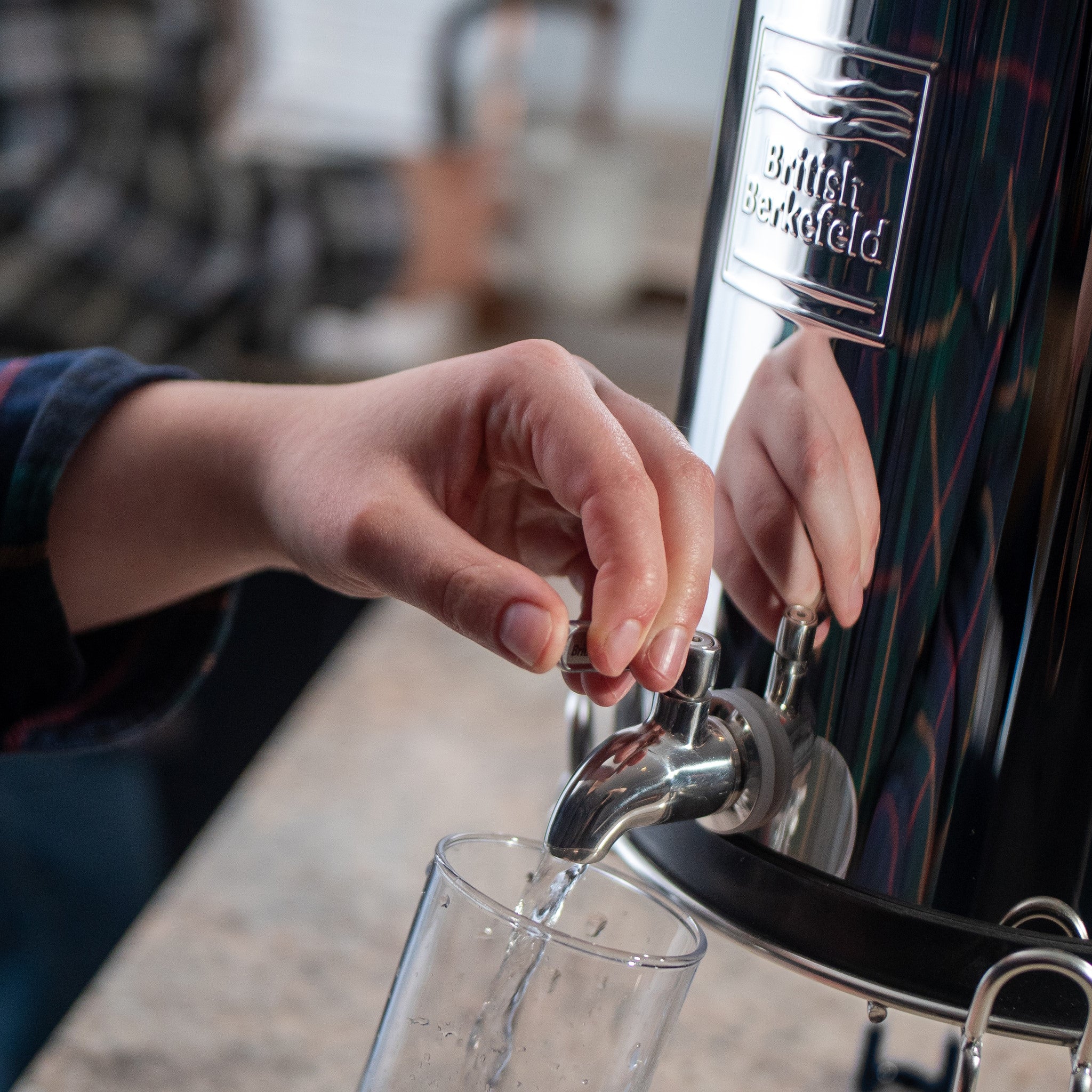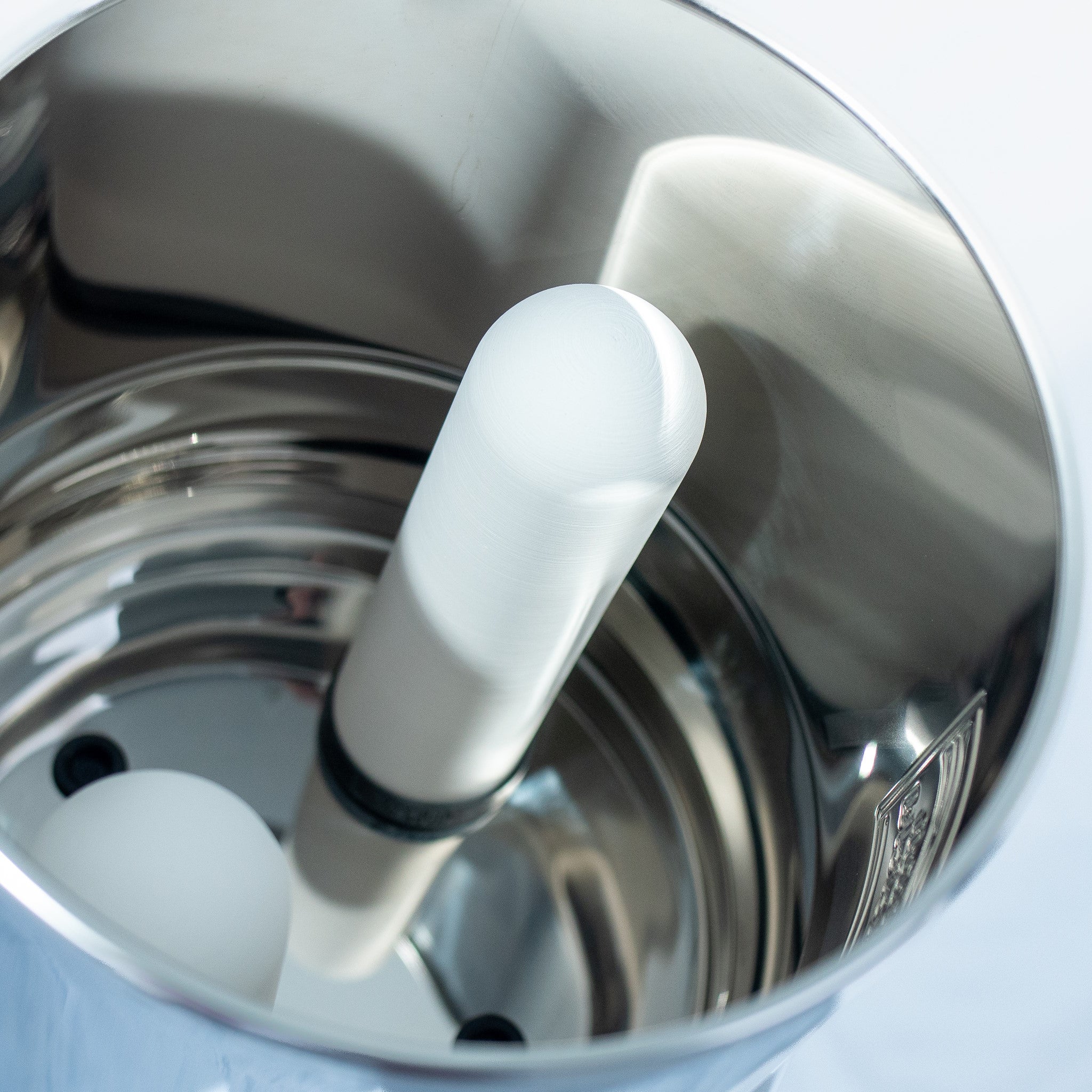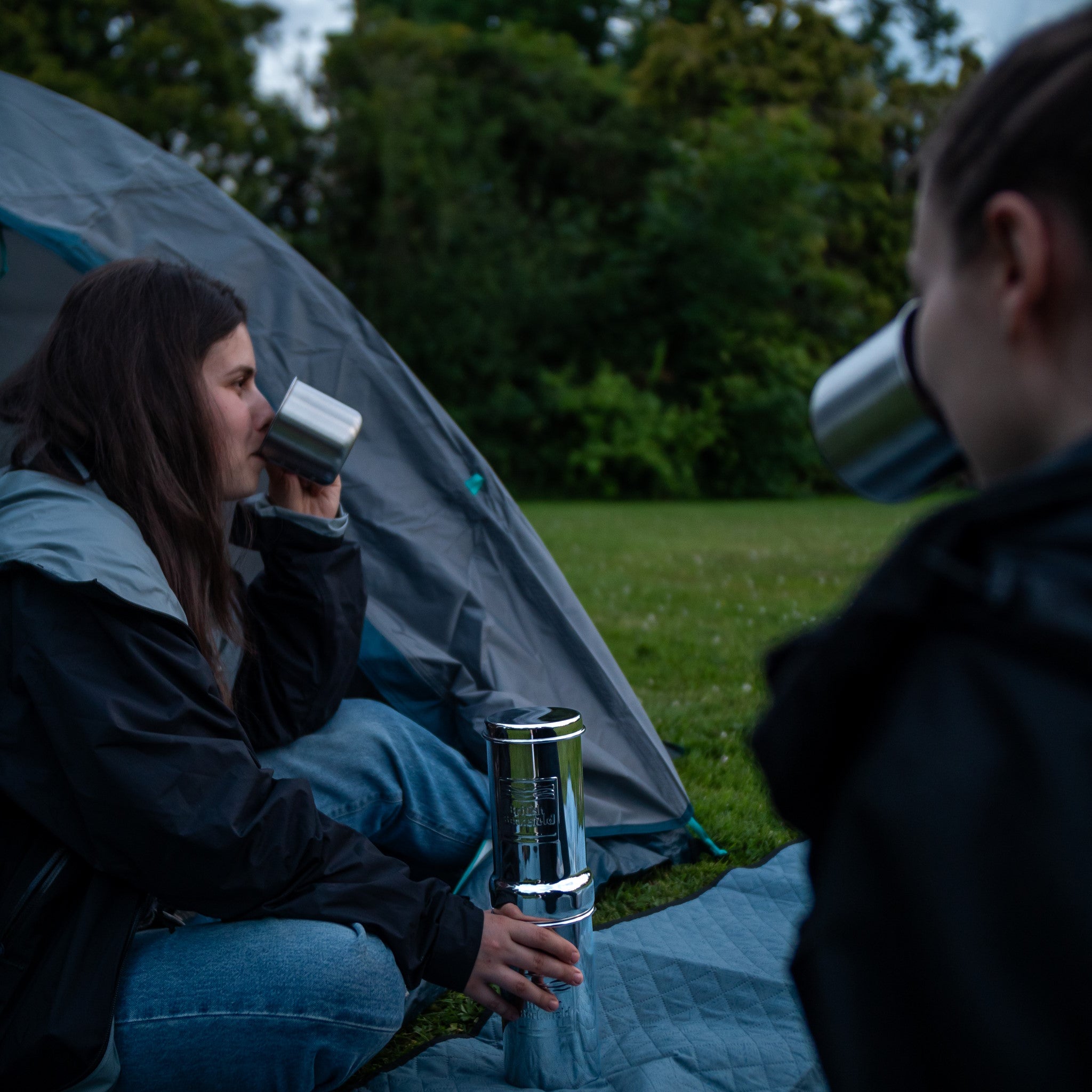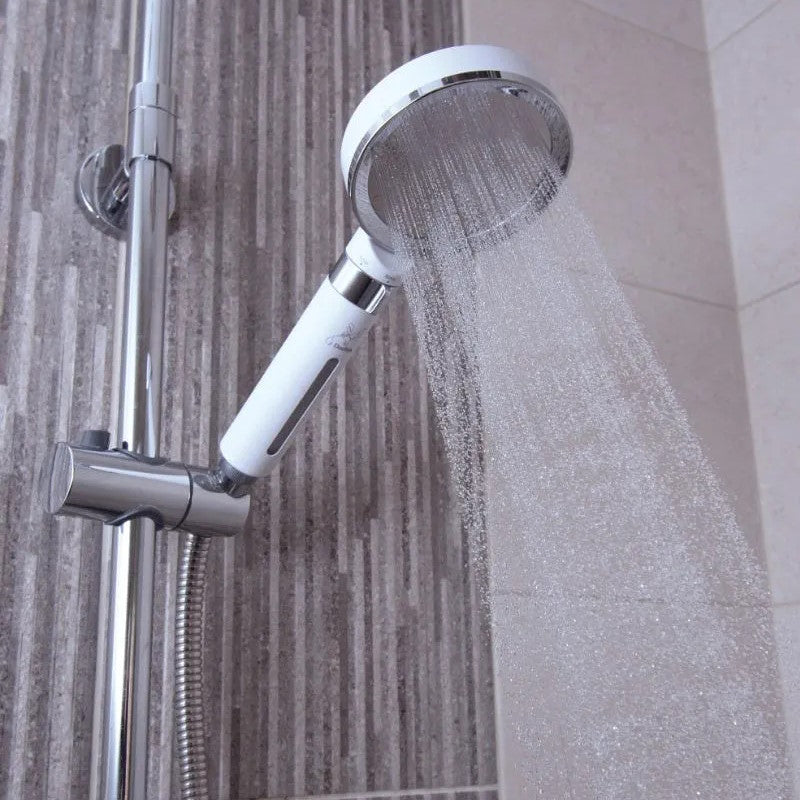Testing Water Filter Efficiency
Water filtration is a science - an exact, researched method for filtering out minuscule contaminants from drinking water. The success of this research - and the credibility of Doulton Water Filters - is borne out by stringent, but importantly, lengthy tests that prove that the ceramic candles used in Doulton Water Filters continue to offer absolute filtration day after day, week after week, month after month.
The only way the long-standing performance value of a water filter can be accurately measured is with a long-standing test. This takes time. These tests also reveal how long a ceramic water filter candle can maintain absolute filtration before it needs to be replaced.
A guaranteed lifespan
The facts and figures related to these tests are what give Doulton Water Filters their deserved reputation - and what guarantees customers are getting what that pay for: a filter that reduces up to 99.99% of contaminants for its lifespan. That is our standard and we will never settle for less than the best. Yet consumers need to be aware of differing standards in tests that prove the effectiveness of a water filter.
We all know that a snapshot of a film does not give the full story, so too with water filter tests. A snapshot test where contaminants are concentrated through a water filter in a very short space of time cannot give an accurate reading of a filter's long-term effectiveness.
Time matters
In the industry, this is known as "short term cocktail testing". It may give an indication of a filter's short-term performance but cannot indicate how that will be maintained over a period of time - or signal when a water filter should be replaced.
When considering claims of a water filter's effectiveness through test results the most revealing facts can be those that are left out.
Operating under pressure
Always check the recommended flow rate or the flow that a filter has been tested to. How fast the water flows is a really important factor in testing a filter's efficiency. Testing at a low flow rate, allows the filter media more time in contact with the water, resulting in a greater filtration efficiency. However, the customer may want to run the filter at a higher flow rate which may result in lower quality water than advertised for the filter.
Other important factors that should not be missing from a test report are the level of contaminants, and the volume of water filtered - these will both have a significant impact on efficiency findings.
Wherever possible always opt for a system that has been tested to an industry-standard method, where meaningful levels of contamination and clear end of life capacities are used.
Customers need to be assured that the water filter they have chosen will perform consistently throughout the recommended service life. They also need to know when they need to replace it to ensure that they will continue to have full protection.
Cutting corners diminishes quality and trust, always look at the bigger picture when considering claims made about a water filter's capacity.
Choose quality
Doulton Water Filters have been in production for almost 200 years - we know there can be no compromise when it comes to quality.
When testing the effectiveness of our water filters we use stringent tests to account for all levels of use and to pinpoint how long the ceramic candles will provide absolute filtration.
There is no comparison between short-term testing and comprehensive testing. Don't take a chance with the quality of your drinking water, let the facts speak for themselves, choose a Doulton water filter.









